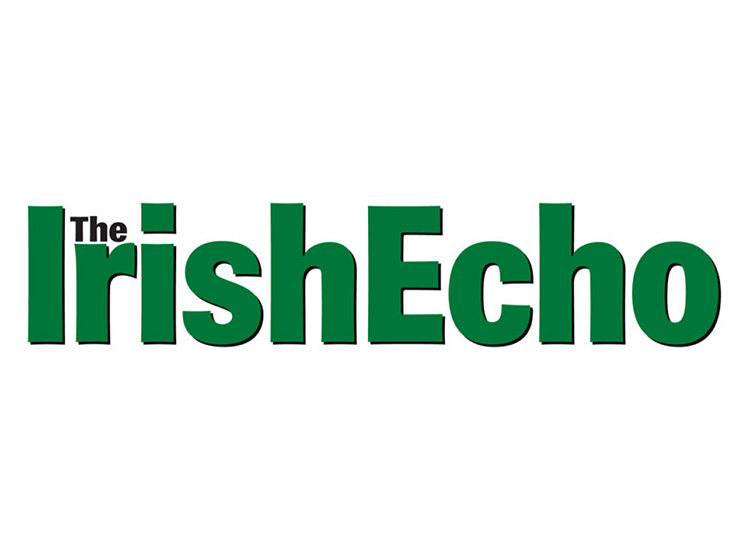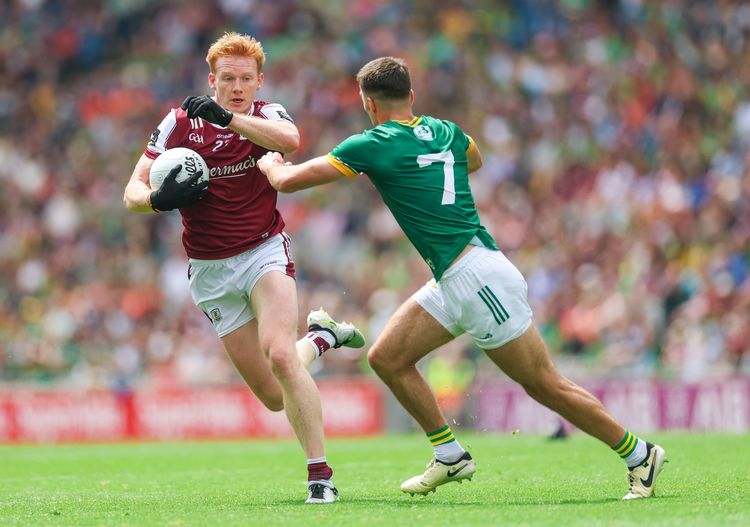Ah, May, a most welcome month most years in that it is sufficiently removed from winter's cold and summer's heat in roughly equal measure.
On the very last day of this month, voters in Ireland will deliver their verdict on the European fiscal compact treaty and in these opening days of May it would seem that voters are taking sides in roughly equal measure on whether to deliver a "yes" or a "no" vote on what political leaders are trumpeting as the most important EU treaty referendum since, well, the last one.
Simply put, the treaty, once approved and embraced by EU member nations, obliges those nations to keep budget deficits and public debts within strict limits. This would appear to be an easier task for some EU countries, Germany being the prime example, than it is for others, Greece being at the other end of this equation.
Ireland falls somewhere in between it would seem, though for all too many living in the midst of the Republic's current economic constriction it likely feels like being in Greece much of the time anyway, only without the warm weather.
The referendum will be held on Thursday, May 31 so the debate still has almost a full month to run. It promises to be a lively national discussion, even if the subject is rather joyless.
Government leaders, led by Taoiseach Enda Kenny and Tanaiste Eamon Gilmore, have been issuing various warnings against a negative vote that fall somewhere between dire and grim.
A no vote, according to Gilmore for example, could derail government plans to be out of the EU/ECB/IMF bailout program within two years.
Taoiseach Enda Kenny said last weekend that the treaty referendum amounts to "the most important vote that people will make for a very long time."
Kenny said the referendum vote would be an even more vital exercise than general elections because the decision would last well into the future.
It is probably the case for most voters that the future, as it currently applies to daily life, does not stretch too far ahead of each day in that life.
It will be a tough sell indeed for the government parties to speak about a future when so many are struggling to stay afloat in the present. But sell the government must, and argue against the treaty must those who feel that a closer fiscal union in Europe is not the right course for a small, open economy on Europe's edge.
That the Irish are not Germans is easy to see. That they might be persuaded to be a little more German, indeed a lot more, in their economic habits is at the core of the argument in favor of the yes vote.
As likely as not, most voters who actually cast a ballot on referendum day will deliver their verdict based on a fairly limited number of sides to the argument presented by a relatively limited number of people.
Most national politicians will urge a yes, while some will urge a no. Most voters will cast their vote based on whether they agree with this group of politicians, or that one. Some will try to wrestle with the issues while excluding the loud political rhetoric. Some might even read the treaty, fine print and all. Some will rely on gut instinct which might actually be just as rational a basis for deciding than following the siren song of political leaders.
But at the end of voting on May 31, Ireland will be set on a new course, no matter what the outcome of the actual vote. It is to be hoped, then, that there is a large turnout.








